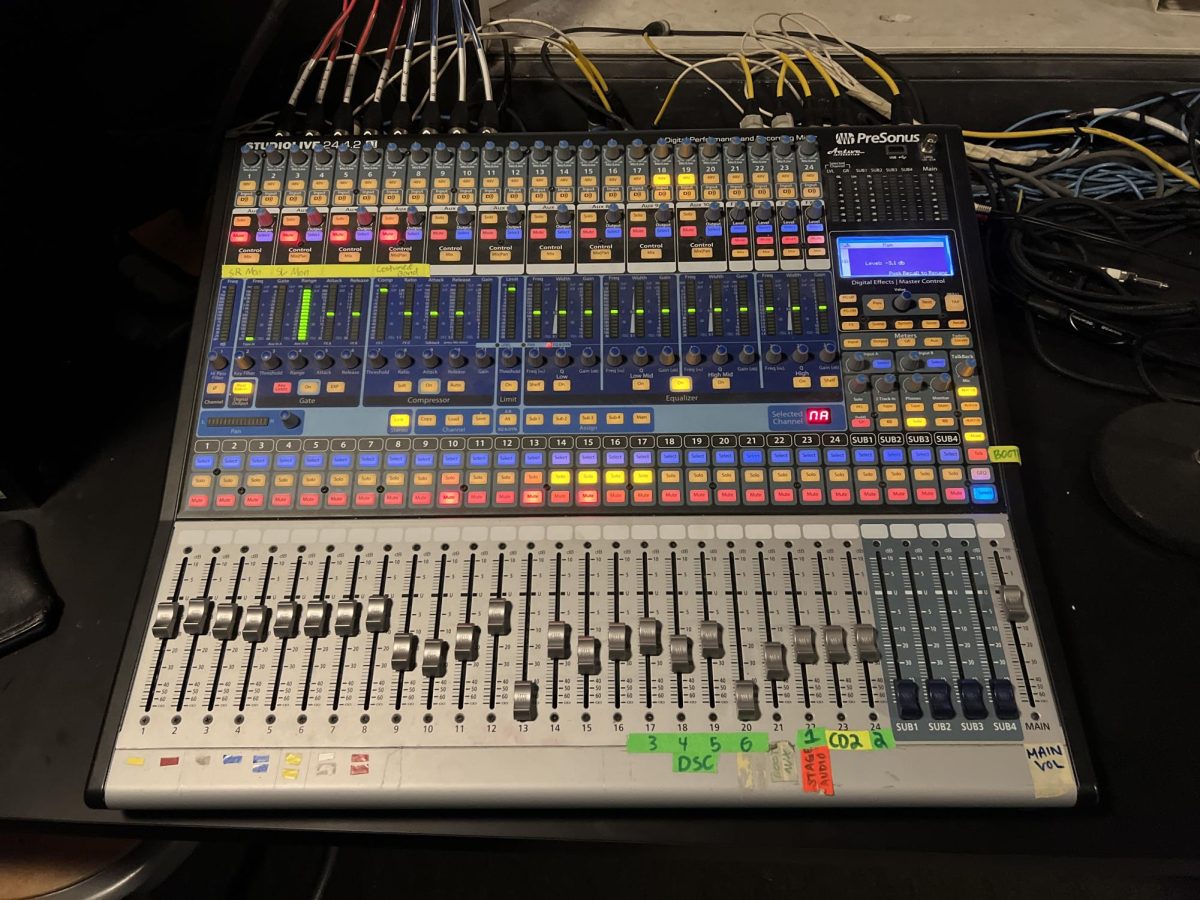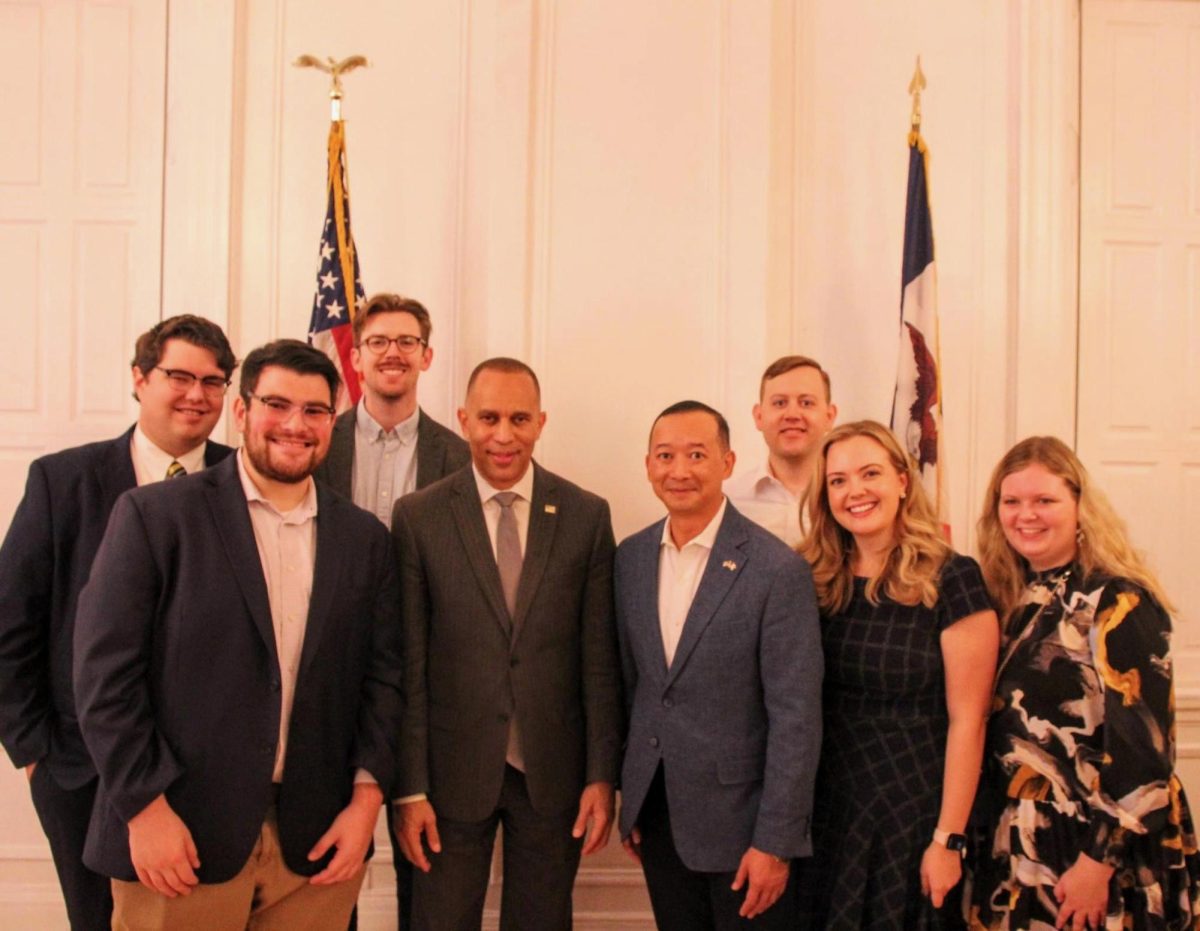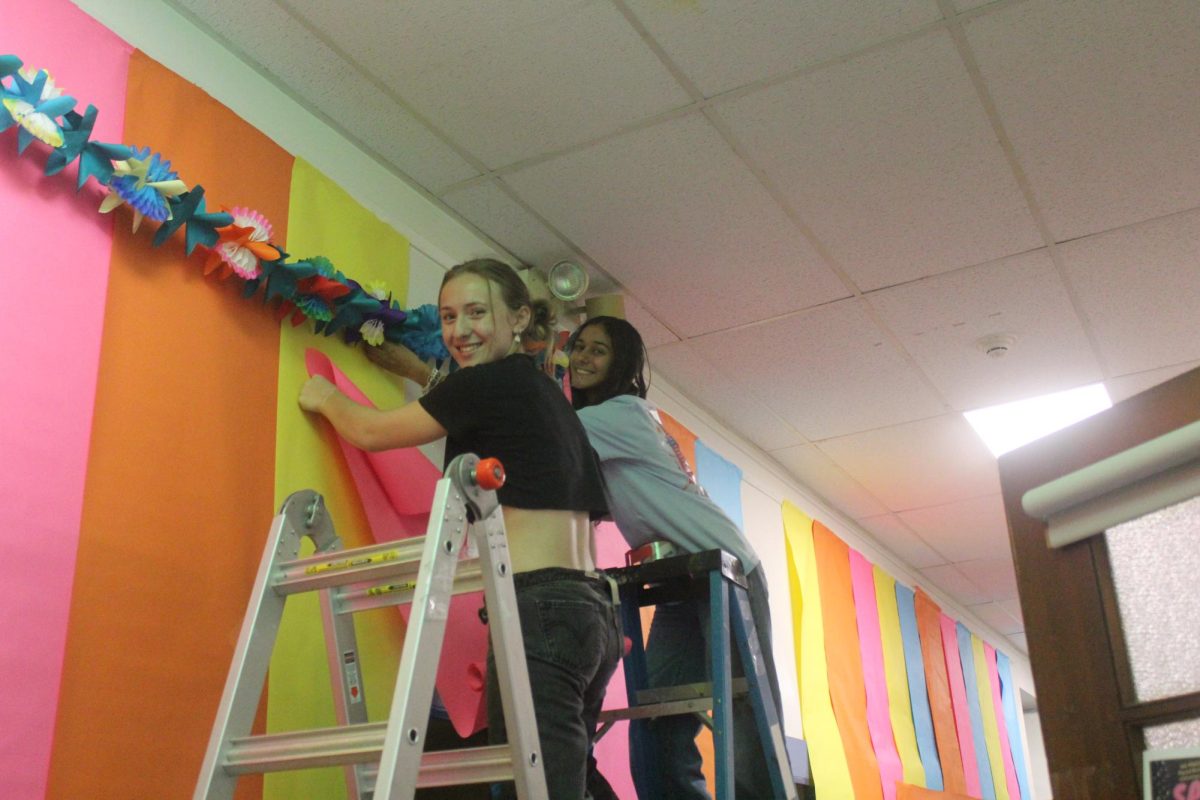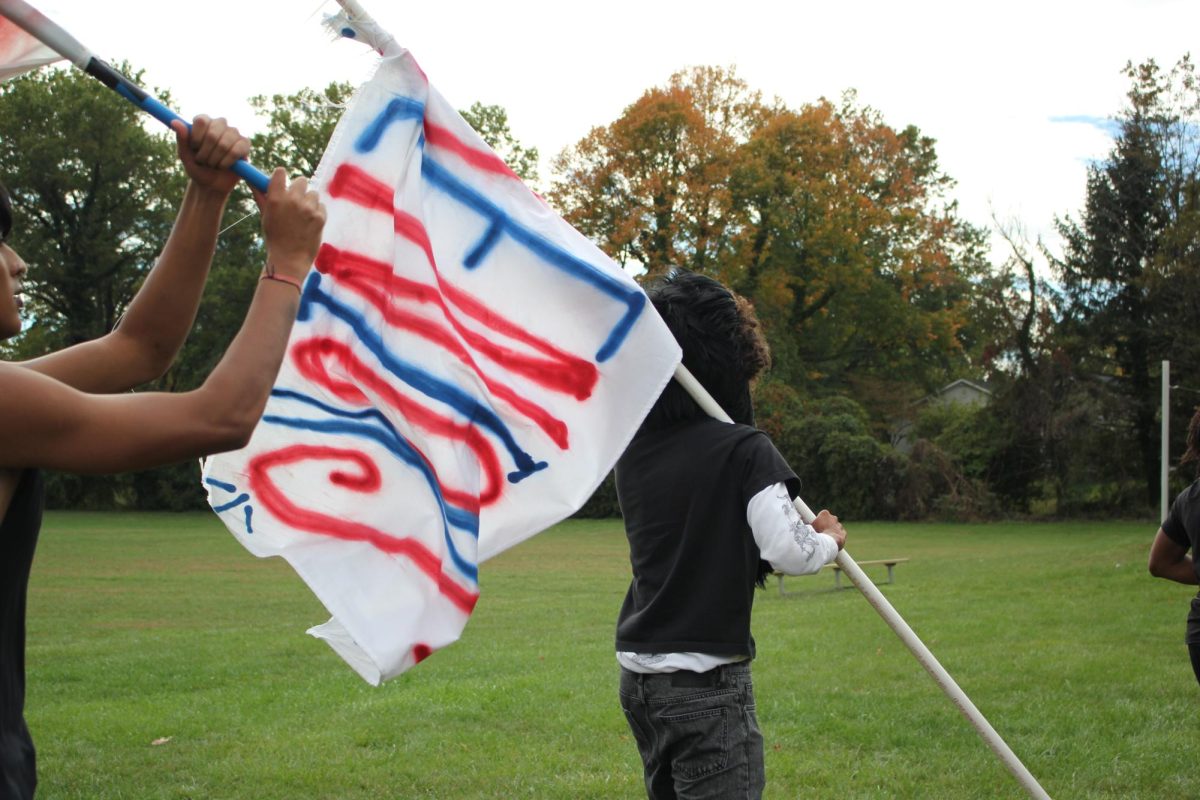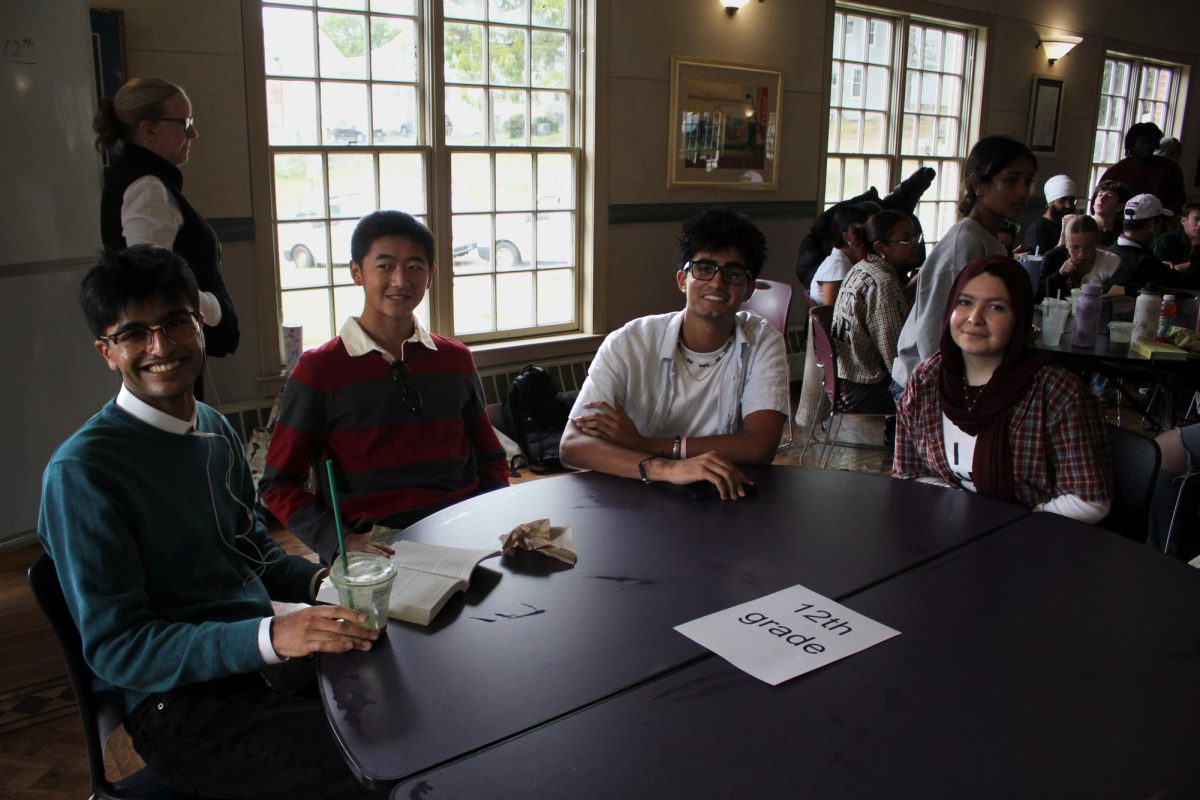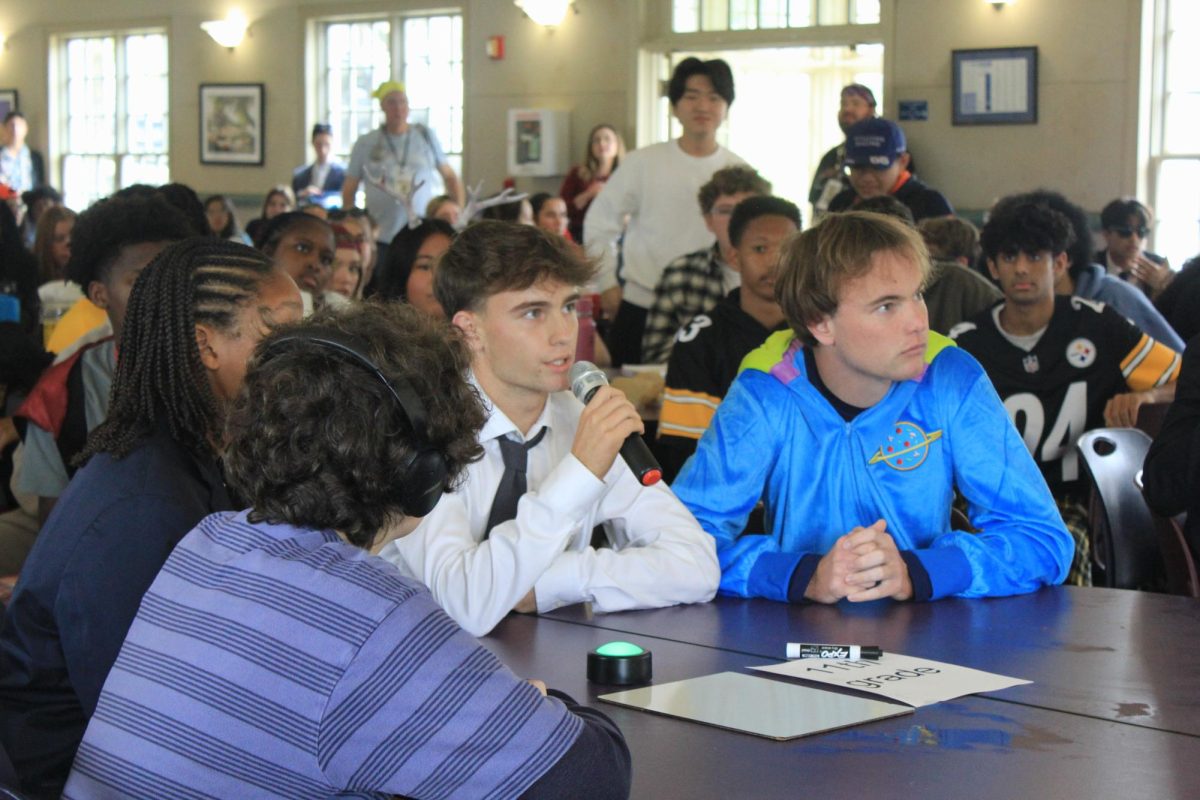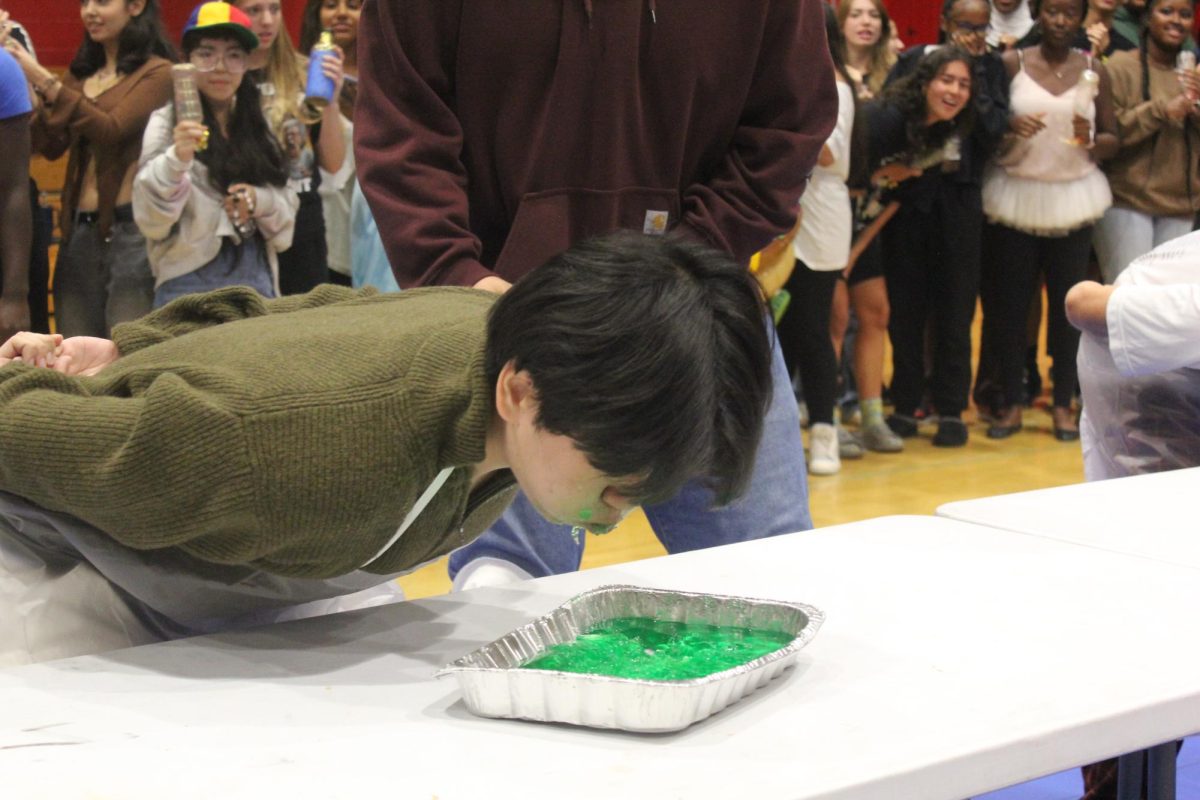Content Warning: Please be aware that this article contains vivid descriptions of a tragic event.
Over 40,000 people have lost their lives as a result of the horrific Turkey and Syria earthquake that took place on February 6, 2023. With a magnitude of 7.6, millions of people in Turkey and Syria have lost their homes, families, and any sense of normalcy. The earthquake has caused turmoil everywhere; daily life has been paused, work and school are put on hold, mental health is damaged, and thousands of citizens are injured.
Sevgi Üzümcü, a Turkish woman in Adiyaman, Turkey, is a survivor of the earthquake. Üzümcü and her family are currently living in another family’s apartment in Burdur, Turkey. The interview was conducted via WhatsApp in Turkish and later translated into English. She was with her two children and husband at home when the earthquake hit. This is her story.

February 6, 4 A.M.
“Everything was normal the night before,” Üzümcü said, “We put the kids to bed by reading them a bedtime story. I ironed their clothes for school the next day. There was nothing out of the ordinary. We went to sleep peacefully that night.”
Üzümcü continued, “I woke up around 4 A.M. feeling like my body was being tilted. Suddenly, the building started to shake. It wasn’t a slight shake; it was a complete disaster. The chandelier was moving left to right, as if it was about to drop on us, and the television crashed to the floor, making a humming noise. The bed crashed from wall to wall violently. We couldn’t move. My husband and I knew that we were going to die.”

Üzümcü described an exchange with her husband in a moment of fear: “My husband told me, ‘Just sit, there’s no chance we’re going to be able to get to the door.’ We went downstairs to protect our children when my husband said, ‘Just lie down on the children.’ It was hard to hear because of the furniture and the building that was falling down. And I just kept thinking, ‘we’re going to die.’”

“The only sound other than the collapsing of buildings was just screams.”
“The earthquake calmed down slightly for a moment, and I knew this was our opportunity to leave. It was 4:30 A.M… and we ran with no electricity and simply darkness. We agreed to run downstairs, but while running, my foot got stuck on the stairs, and my husband just kept asking me, ‘Are you coming, are you coming?’ because we knew we had very little time to get out. Finally, after pulling and pulling, I got my foot unstuck, and I thanked God.”
After escaping their house, Üzümcü and her family ran outside in the snow and rain with no shoes or socks on their feet. They spent the night in the car but weren’t able to get much sleep from the constant shaking. “The only sound other than the collapsing of buildings was just screams. It was an absolute nightmare,” recounted Üzümcü.

“I can’t go to sleep at night, I keep the lights open, I don’t leave my children for a single moment.”
Many people in Üzümcü’s community have passed away: “In Turkey, everyone is so close with their neighbors, and you normally live around the same area as all your relatives as well. Of the 100 people in the area were my friends, relatives, and acquaintances, at least 80 of them died. My daughter goes to first grade; of the 28 people in her class, 24 of them have passed away. And this isn’t just my experience, this is thousands of thousands of people’s experiences, and more and more bodies turn up every day.”
Üzümcü noted that this tragedy devastated her mental health. She plans to see a therapist and has suffered from insomnia. “I keep the lights on and I don’t leave my children for a single moment. Do you know how sometimes there’s this really nice smell in the air, or a certain meal smells so good? I can’t smell that anymore. All I can smell is the cement of the house. When I hear my children running or hear any kind of loud sounds, I start thinking again, has the earthquake started? Is it going to happen again?”

More than anything, Üzümcü is thankful to have survived the tragic earthquake. She considered this as a “miracle that we were able to escape.”
How to Help
Üzümcü said that the best support is in the form of providing Turkey and Syria “with more donations and medications to support humanitarian relief and therapy.” Though donations may decrease over time, she urges continued monetary aid.”
MFS WordsWorth encourages those who wish to donate to research reputable and reliable non-profit organizations using a dependable tool such as Charity Navigator.


